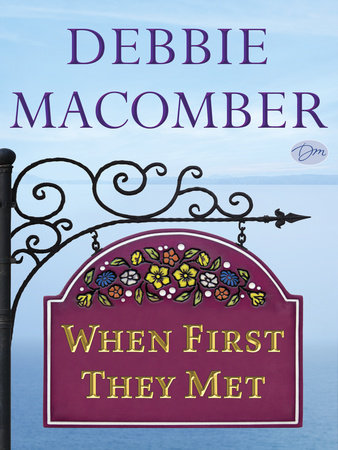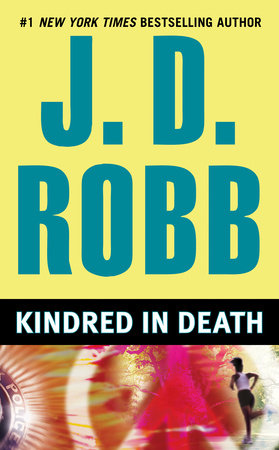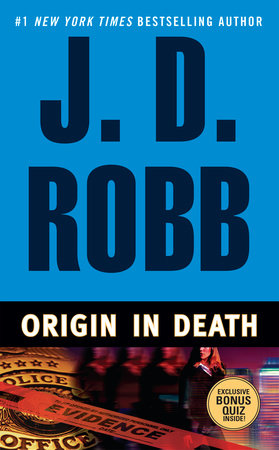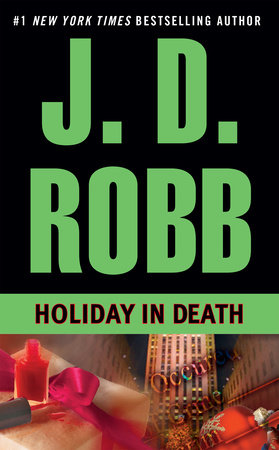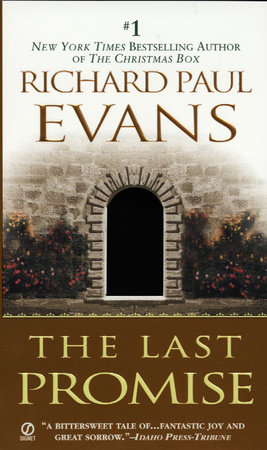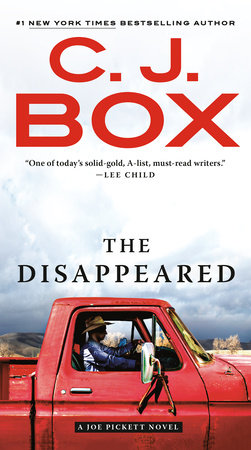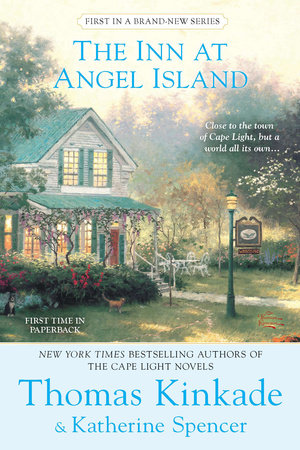A Conversation with Robert Kimball and Linda Emmet, editors of The Complete Lyrics of Irving Berlin
To Linda Emmet:
Q: What was it like growing up with Irving Berlin—both as father and composer? How would you describe your father?
A: As I look back on my childhood, I think it was pretty normal. My parents discouraged us from thinking that we were in any way different or exceptional. They tried to protect us from publicity. After reading the old newspaper articles and interviews my father gave, I discovered that while always interested in promoting his work, he never exploited his family.
He was—like many fathers—absent at times, especially during the war years. But when he was home our life was much like other families.
To Linda Emmet:
Q: What were his musical influences? Did he encourage you and your siblings to play music?
A: It is difficult to determine his musical influences. The early one were perhaps a combination of the Jewish and the various ethnic popular music heard on the Lower East Side.
As for music at home, my earliest recollection is hearing my elder sister practicing the piano—we all took lessons.
To Robert Kimball:
Q: You have devoted your life and writing to some of musical theater’s greatest composers and lyricists. What do you think separated Irving Berlin from such musical masters as Cole Porter, Rodgers & Hammerstein, or the Gershwin brothers?
A: Berlin’s longevity, versatility and matchless ability to reflect social and cultural changes.
To Robert Kimball:
Q. In March of 1911 Irving Berlin wrote the famous “Alexander’s Ragtime Band” and by1913, he was known as the “King of Ragtime.” How was he received by those musicians and composers who played ragtime long before he did?
A. Berlin wrote ragtime songs and did not, as Scott Joplin and many others did, write ragtime piano compositions. While some contemporaries did not feel that Berlin should be known as “The King of Ragtime,” they respected his achievement as a songwriter. Eubie Blake, for example, who first met Berlin in 1911, had a very high regard for him.
To Linda Emmet:
Q: You say that your father was absent a lot during your childhood, busy with frequent movie projects and traveling. Do you feel this had a profound effect on your relationship with him and the rest of your family?
A: I do not think my father’s absences affected relationships in our family. As I have written, children tend to be self-absorbed. I was an exception. I desperately wanted to be like everybody else. I remember once, when asked what my father did for a living, replying that he was a music publisher—a profession most resembling that of my friends’ fathers, who were bankers, doctors, lawyers, etc. …
To Linda Emmet:
Q: Were there any discoveries for you, in the process of putting together this book?
A: This book contains nearly every lyric (or verse) my father ever wrote—many never published before. Many of these lyrics, which I had never seen were indeed a discovery. I hadn’t realized just how prolific he was until I started this project.
To Robert Kimball:
Q: Irving Berlin had a huge repertoire that few people, until now, realized. While putting this book together, did anything surprise you about Irving Berlin?
A: Not really as I knew him well before beginning work on The Complete Lyrics of Irving Berlin. Yet I am constantly surprised by how hard he worked on his songs.
To Robert Kimball:
Q: Jerome Kern once said, “Irving Berlin has no place in American music. Irving Berlin is American music.” What distinguished Berlin as “Americana” despite his strong Russian roots?
A: His use of American vernacular and his ability to write syncopated lyrics are among his achievements. Also, look at how much his songs teach us about the American experience in the 20th century.
To Linda Emmet:
Q: Unlike Sondheim, Kurt Weill and others, Irving Berlin wasn’t known for drawing out the dark side of his musical characters. He did, however, experience depression in his lifetime, particularly from the loss of his first wife, Dorothy Goetz, who died just a few months after their honeymoon from typhoid fever. Did your father ever talk about it?
A: My father had what the French call Pudeur—a combination of reserve and discretion. He never spoke to me about personal or intimate feelings. The death of his first wife must have been a sorrowful experience, one which I doubt he shared with anyone.
To Robert Kimball:
Q: Did Irving Berlin’s career move in a different direction after the heartbreak of losing his first wife?
A: No, it did not. Berlin wrote ballads before he wrote “When I Lost You,” (which was written shortly after her death) and he did not follow it with any major change in style or direction, or with any special attention to life’s profundities.
To Robert Kimball:
Q: How would you compare Berlin’s music with that of the musicals of today?
A: It is hard to compare Berlin’s music to today’s. After all, Berlin’s songs have endured for many decades; today’s songs need to be around for many more years to see if they will last.
To Robert Kimball:
Q: What do you think is the biggest change in musical theater now?
A: There are far fewer (original) musicals on Broadway today.
To Robert Kimball:
Q: What other projects are you working on now and in the near future?
A: I am editing The Complete Lyrics of Frank Loesser and would like to do a similar volume of the works of Johnny Mercer. I also hope to write a history of the American musical in the 1920s and plan a memoir of the struggle to pass the Civil Rights Act of 1964.
To Linda Emmet:
Q: The Complete Lyrics of Irving Berlin is dedicated in the memory of Hilda Schneider, your father’s secretary from 1942 to 1989. Oftentimes a dedication is made to a family member, but Hilda worked with your father for over 45 years. Was she considered family?
A: Hilda was considered by all of us as a member of the family. Over the years she had preserved the archival material, the primary source of the book without which this project would have been virtually impossible. With devotion she worked on this book until shortly before she died.
To Robert Kimball and Linda Emmet:
Q: What is your favorite Irving Berlin song? Which song is the defining moment in his career as a master composer?
Linda: I have no single favorite Berlin song. He always believed that “God Bless America” was the most important song he wrote.
Robert: There is no doubt that “Alexander’s Ragtime Band” was the turning point in his career. My favorite song is “Lazy.”












